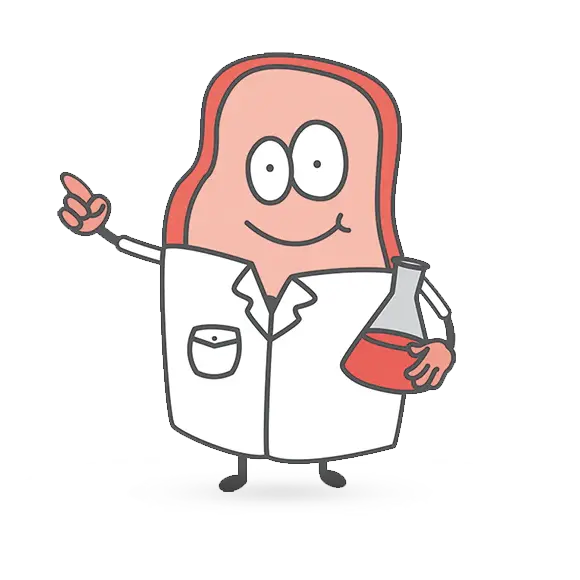Description
Interleukin-1 beta (IL-1 beta) is a pivotal pro-inflammatory cytokine mediating innate and adaptive immune responses in response to infection or cell injury. Moreover, IL-1 beta is involved in a variety of autoimmune and inflammatory diseases caused by enhanced secretion of the cytokine. In further consequence, chronic inflammatory conditions promote tumor development and cancer malignancy.

-
Product Name: human Interleukin-1 beta, tag-free
-
Catalog No.: P2020-136
-
RefSeq Links: NP_000567.1; NM_000576.2; pdb1tp0 UniProt: P01584
-
Synonyms: IL-1 beta; Catabolin; IL-1B, IL-1 beta Protein; IL1-BETA Protein; IL1F2 Protein


